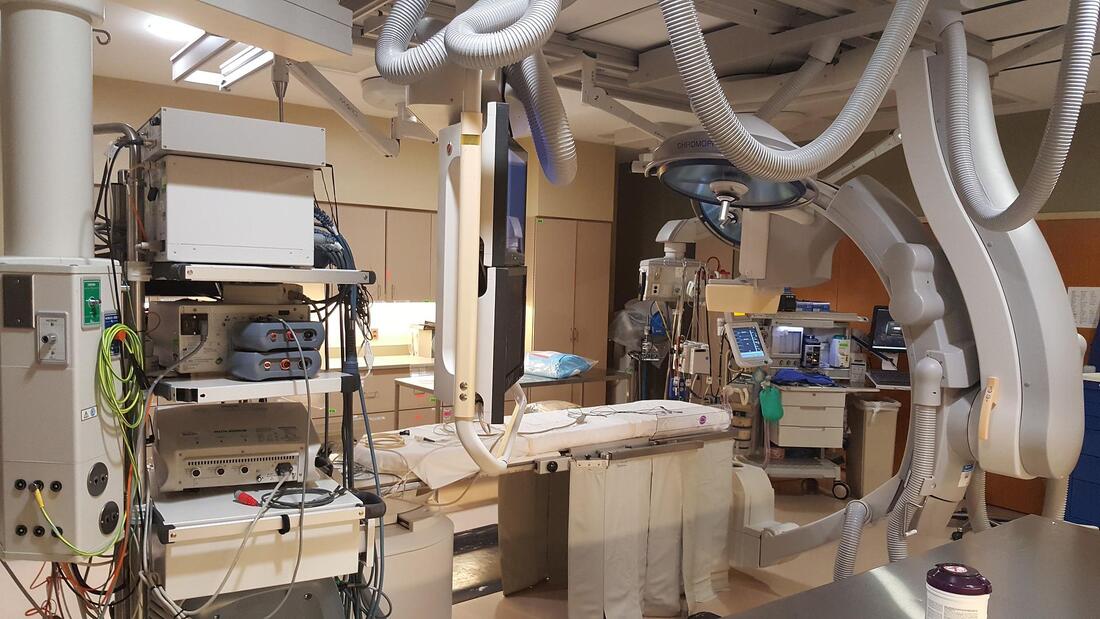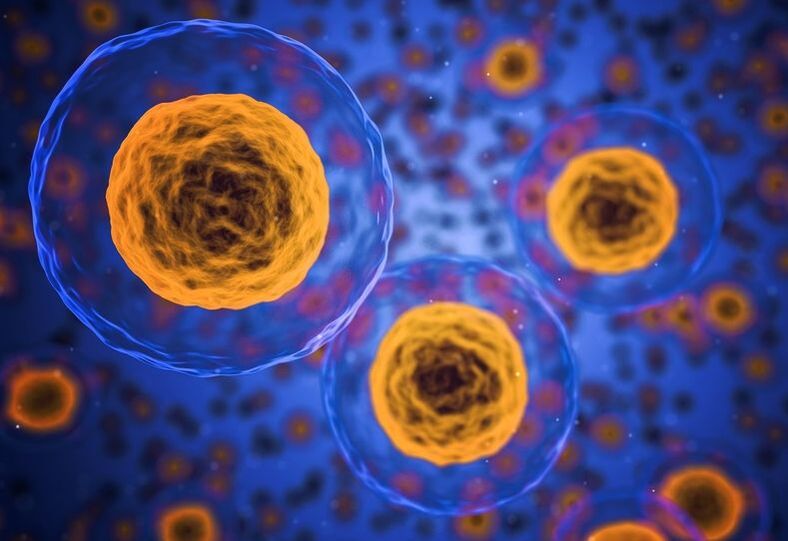Can Radiation Therapy Boost the Immune System's Fight Against Cancer?
Radiation therapy is a potent cancer treatment that involves firing high doses of radiation to kill tumor cells or hinder their growth. This therapy is successful because it utilizes ionizing radiation, which has enough energy to damage the DNA present in cells. However, there is DNA in all cells, whether it’s a cancerous or healthy cell; thus, radiation doses may also indiscriminately affect healthy tissue, resulting in toxic side effects. Therefore, it is important to investigate the impact of radiation therapy on healthy tissue in order to evaluate the success and effectiveness of the treatment.
In a study in the Journal of General Physiology, Tandl et. al. investigated how X-ray radiation affects the properties of T cells, one of the major components of the adaptive immune system that specifically target pathogens, infected cells, or cancerous cells for elimination. All of the lab’s experiments were done in vitro. They first performed their experiments on the leukemic Jurkat T cell line, a model system that is commonly used in the research field to study T cells. They tested clinical doses of X-ray radiation and found delayed calcium oscillations within the T cells. These are notable findings because calcium ions tend to be involved in cellular signaling, which ultimately may lead to important cellular responses such as growth, differentiation, or activation. Thus, such changes in calcium ion concentration may suggest an activation change in the state of the T cells.
In a study in the Journal of General Physiology, Tandl et. al. investigated how X-ray radiation affects the properties of T cells, one of the major components of the adaptive immune system that specifically target pathogens, infected cells, or cancerous cells for elimination. All of the lab’s experiments were done in vitro. They first performed their experiments on the leukemic Jurkat T cell line, a model system that is commonly used in the research field to study T cells. They tested clinical doses of X-ray radiation and found delayed calcium oscillations within the T cells. These are notable findings because calcium ions tend to be involved in cellular signaling, which ultimately may lead to important cellular responses such as growth, differentiation, or activation. Thus, such changes in calcium ion concentration may suggest an activation change in the state of the T cells.
Image Source: qimono
The researchers were able to verify that the T cells were indeed activated. Furthermore, they discovered the assembly of two membrane proteins as the mechanistic cause of the calcium oscillations, triggering a signaling cascade that ultimately leads to the activation of the T cells. Using in vitro experiments, the researchers confirmed the same activation response occurred in T cells isolated from patient blood, a finding that further supports biological relevance. Tandl. et. al. also stated that activated T cells are involved in anti-tumor killing and proper management of the adaptive immune response. Thus, if in this case the T cells are stimulated in a way that is helpful, then this property can be utilized to combat cancerous cells, thereby enhancing the effectiveness of radiation therapy.
This surprising discovery opens up the path for promising advancements to cancer treatments. Nevertheless, more studies may still be needed to confirm whether these activated T cells turn out to be friend or foe, because it is unclear whether activation of these T cells induced by X-ray radiation is necessarily beneficial to the killing of tumors. The effects of X-ray radiation on other immune cells should also be examined, as they express the same two membrane proteins as the T cells; however, it is unknown if X-rays would induce the same or different signaling cascade in these other immune cells. Additionally, in vivo studies on tumor models will further substantiate the clinical relevance of this discovery.
This surprising discovery opens up the path for promising advancements to cancer treatments. Nevertheless, more studies may still be needed to confirm whether these activated T cells turn out to be friend or foe, because it is unclear whether activation of these T cells induced by X-ray radiation is necessarily beneficial to the killing of tumors. The effects of X-ray radiation on other immune cells should also be examined, as they express the same two membrane proteins as the T cells; however, it is unknown if X-rays would induce the same or different signaling cascade in these other immune cells. Additionally, in vivo studies on tumor models will further substantiate the clinical relevance of this discovery.
Featured Image Source: homebasemarketing
RELATED ARTICLES
|
Vertical Divider
|
Vertical Divider
|
Vertical Divider
|






